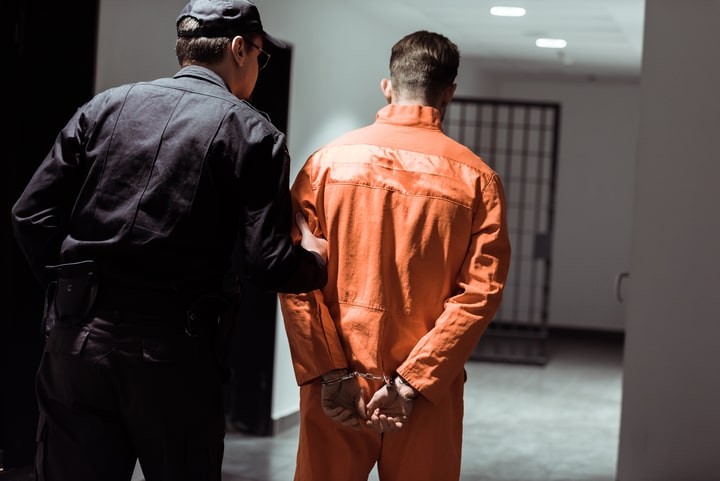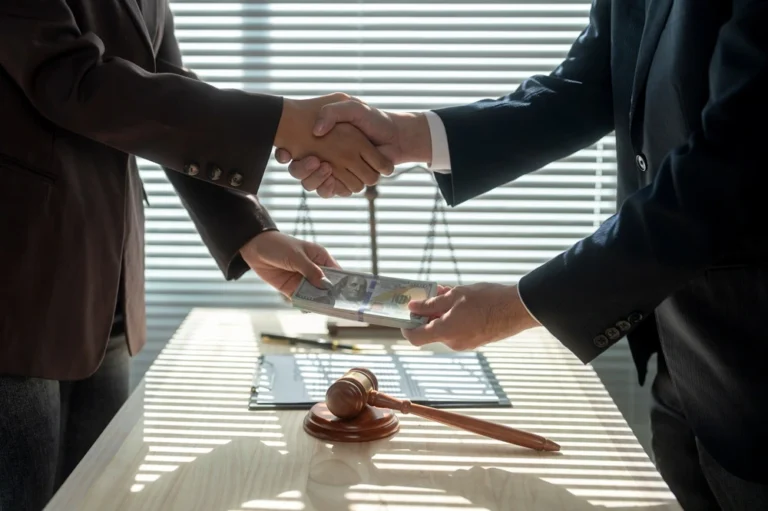If you have been charged with a crime in Ohio, you have certain rights that are guaranteed by the US Constitution and the Ohio Constitution.
Many of these rights are reflected in the Ohio Rules of Criminal Procedure, which govern how the criminal justice system must treat you. If you don’t know your rights, you could seriously damage your case. For expert guidance and representation, contact a criminal defense attorney in Dayton, OH.
Stages of an Ohio Criminal Prosecution
An Ohio criminal prosecution proceeds through several distinct stages. In all cases, the details of how these stages are executed are based on the Ohio Rules of Criminal Procedure. Following is a breakdown of the stages of an Ohio criminal prosecution.
Arrest and Detention
An arrest is the first step in a criminal prosecution. The police take you into custody (typically in handcuffs) and read you your Miranda rights (“You have the right to remain silent, anything you say can and will be used against you in a court of law, etc.”).
The next step is to take you to the police station for booking. Do not talk to the police, even if you are innocent. The police will photograph you, fingerprint you, and request identifying information such as your name and address.
They will also catalog and impound your personal belongings until your release. You should call a family member to notify them of your arrest.
How Long Can You be Held in Jail Before Seeing a Judge?
Under the Ohio Rules of Criminal Procedure, the authorities must bring you before a judge for an arraignment “without unnecessary delay.” Most jurists understand this to mean 48 to 72 hours.
What Is an Arraignment Hearing?
Your arraignment is a hearing in front of a judge, during which time:
- The judge will explain your constitutional rights and the charges against you;
- You will enter a formal plea in response to the charges against you—guilty, not guilty, or no contest; and
- The judge will either set your bail or refuse bail altogether.
If the judge sets bail and you pay it, they will release you until the trial or sentencing hearing (depending on your plea). If the judge refuses bail, you will remain in jail until your case is resolved. If you plead guilty or no contest, no trial will take place and your case will be over as soon as you are sentenced.
The Discovery Phase
If you plead not guilty at arraignment, the case proceeds to the discovery phase. During this phase, your lawyer asks the prosecutor for any evidence that the prosecution will use against you. Your lawyer can seek a court order if the prosecution refuses to comply.
Plea Bargaining
A plea bargain is a deal between you and the prosecution. Although Ohio prosecutors resolve most of their cases through plea bargaining, you can refuse to bargain if you want to. Two types of plea bargaining are possible:
- Charge bargaining—this is where the prosecution agrees to recommend leniency to the judge for your agreement to plead guilty to a lesser charge (reckless driving instead of DUI, for example), or to only some of the charges against you; and
- Sentence bargaining—where you plead guilty to the original charges and the prosecutor promises to recommend a lighter sentence to the judge.
Although the judge is under no obligation to accept the terms of a plea bargain that is struck between you and the prosecutor, in practice, they almost always agree.
The Preliminary Hearing
If the prosecution charged you with a felony, you can demand a preliminary hearing. At the hearing, your attorney will probe for weaknesses in the prosecution’s case and argue that the prosecution lacks probable cause to take your case to trial. Unfortunately, this argument usually fails. If so, the judge will set your case for trial.
What Is a Pretrial Hearing?
In some (but not all) cases, the judge schedules a pre-trial hearing. This is the time for your lawyer to file certain pretrial motions, such as a motion for the suppression of evidence that the police seized illegally. You can also reach a late plea bargain at this stage.
Trial
At trial, you can call witnesses, cross-examine the prosecution’s witnesses, present evidence, challenge the prosecution’s evidence, and present legal and factual arguments. You can demand a jury trial if you prefer one. Ultimately it is the judge, however, who will determine your exact sentence if you are convicted.
Appeal
Appeals of criminal convictions are difficult and time-consuming. Even if you win, you will not be exonerated immediately. Instead, the court typically schedules a new trial for you. Only if you win the second time around will you walk free.
Let’s Fight Back Together
With an aggressive and relentless style, the award-winning criminal defense attorneys at Gounaris Abboud, LPA., have won acquittals and dismissals for a multitude of criminal defense clients. Call us at (937) 222-1515 or contact us online for a free case analysis. We maintain offices in Dayton and Springboro, Ohio, and we serve clients throughout the state of Ohio.




